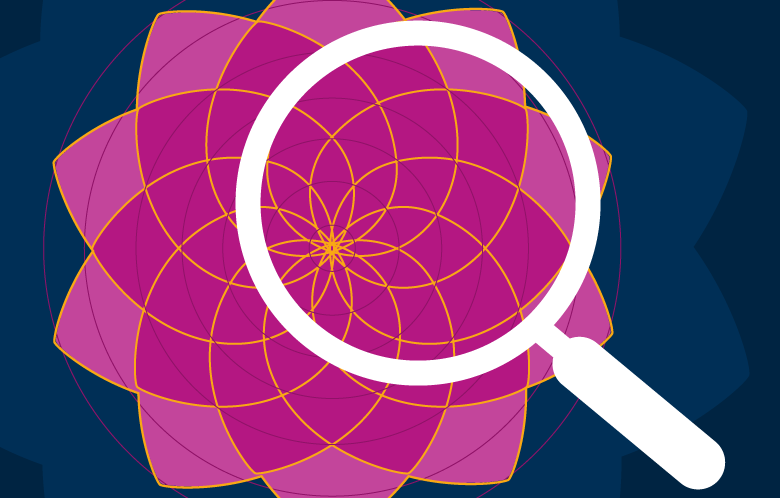Diversification is a key component of Atla’s ongoing strategic work across its digital research tools. Expanding in geographic coverage, content areas and languages are three prongs of this strategic work. The realm of Asian languages, religions and academic studies is no exception. The Atla team is committed to adding titles that cover all faith traditions, philosophical and theological perspectives throughout Asia, with special attention given to non-Christian Asian religious traditions and faith/spiritual practices, such as Hinduism, Jainism, and Buddhism. Overall, Atla is working to include as many interdisciplinary, unique and specialized sources from Asia as possible.
The Atla team is working to expand upon current coverage areas by listening and learning from scholars, publishers and other information providers. By having these conversations with those in the field, Atla hopes to gain more insight into the scholarship being done on religion and theology both across Asia, as well as specifically on Asian religions. One way that Atla hopes to do this in 2021 is by attending the Association for Asian Studies (AAS) Virtual Annual Conference. Learn more about Atla’s participation here.
Currently, Atla has more than 220 titles relevant to Asian content across its digital research tools, with nearly half available via open access linking and more 75 percent peer reviewed.
Download a PDF of the full list of titles relevant to Asian content included across all Atla digital tools.
Content from seventeen countries is included across Atla's indexed and full-text materials: China, Hong Kong, India, Indonesia, Iran, Israel, Japan, Lebanon, Malaysia, Pakistan, Philippines, Singapore, South Korea, Sri Lanka, Taiwan, Thailand, Turkey.
In twenty-four languages: Arabic, Chinese, English, French, German, Hebrew, Indonesian, Italian, Japanese, Korean, Latin, Malay, Nepali, Pali, Persian, Polish, Russian, Sanskrit, Spanish, Tagalog, Tibetan, Turkish, Ukrainian, Urdu.
Atla has an in-house team of ten metadata editors and analysts comprised of scholars in the fields of religion, theology, anthropology and philosophy who read and analyze these materials. These Atla scholars also have capabilities in more than forty languages.
This is an excerpt from a post that was originally published on Atla’s blog.
